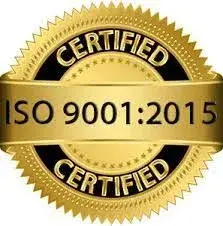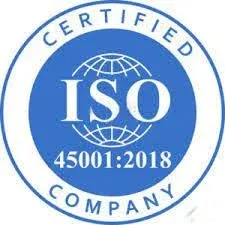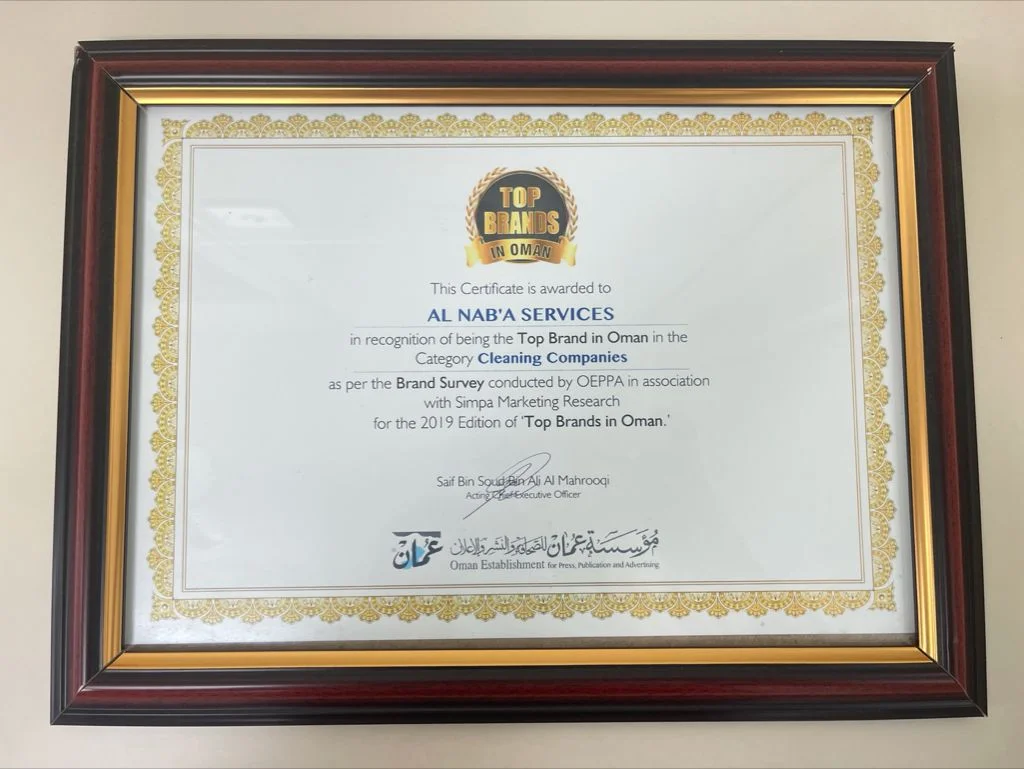Quality is one of the major values defining Al Nab'a Services pursuit of excellence. We take great pride in the standards achieved in terms of the quality of our services and systems.
Quality is a recurrent value in all stages of service - from the initial choice of the cleaning agents and consumables, storage, documentation and service delivery. We believe in:
- Predetermination of technical specifications for selection of best quality materials and machines.
- Strict application of ISO requirements, along with other applicable preventive measures to ensure a safe working atmosphere for our Employees, Client and Environment.
- Training our employees about health, hygiene and workplace safety procedures.
Internal Audits are conducted as an independent management function, which involves a continuous and critical appraisal of the functioning of the entity with a view to suggest improvements thereto and add value to and strengthen the overall governance mechanism of the entity, including the entity's risk management and internal control system.
We understand the importance of clients having the utmost confidence in the contractors they appoint, and it is obtained by the commitment to continuous quality improvement and standards.





